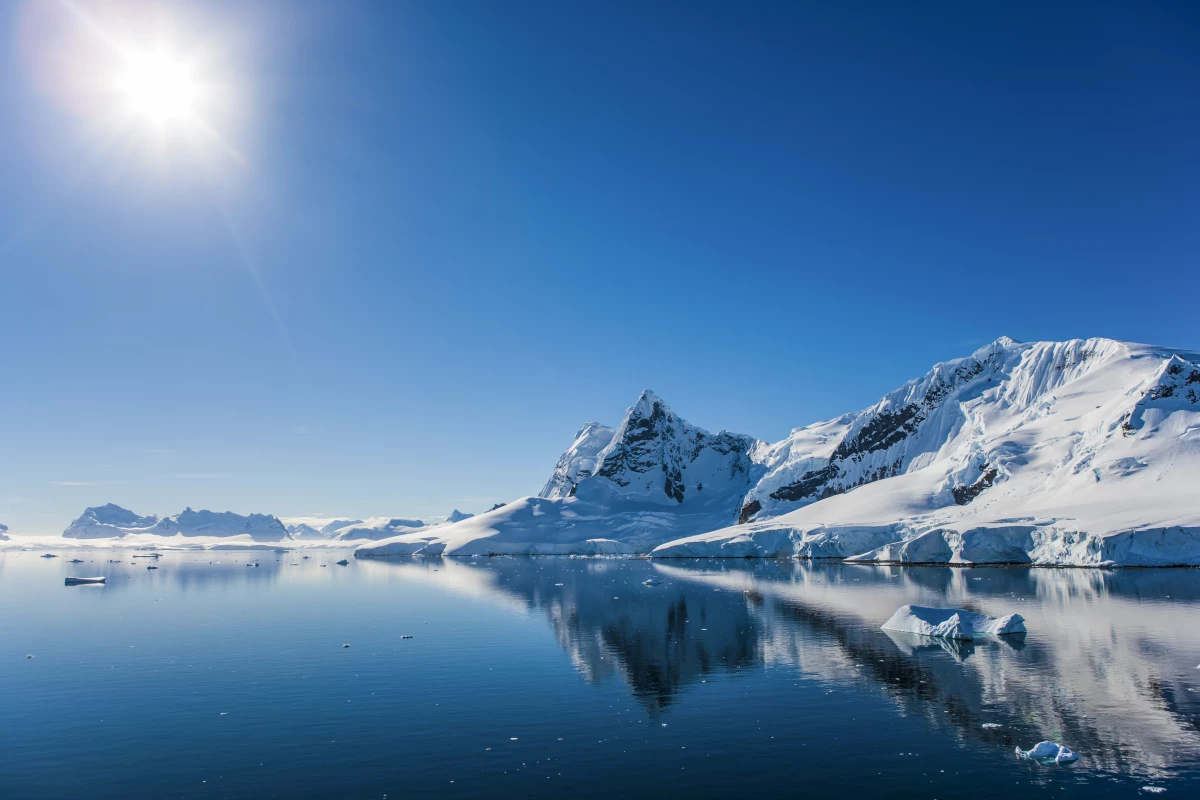Climate scientists continue to uncover the extent of the warming trend enveloping the planet, and few parts of the world are feeling the heat more than the Antarctic peninsula. Scientists at an Argentinian research base on its northern tip have seen the mercury reach a relatively warm 18.3° C (65.5° F), a record high for the entire Antarctic continent.
Having increased in average temperature by nearly 3° C (5.4° F) over the last half century, the Antarctic peninsula is among the fastest warming regions of the world and its landscapes are changing as a result. Some 87 percent of the glaciers along its western edge have retreated over the same time frame, with the majority of those doing so at an accelerated rate over the past 12 years.
In March of 2015, scientists at Argentina’s Esperanza research base logged a temperature of 17.5° C (63.5° F), a new record at the time. Argentina’s national meteorological service (SMN) is now reporting a temperature of almost a full degree warmer at 18.3° C, which the World Meteorological Organization (WMO) is now working to verify.
The Argentine research base Esperanza, on the northern tip of #Antarctic Peninsula, saw a new record temperature of 18.3°C today (old one 17.5°C on 24 March 2015), per @SMN_Argentina.
— WMO | OMM (@WMO) February 6, 2020
Details of previous record at https://t.co/19Un83mmHn#ClimateChange pic.twitter.com/ZKvzr765Am
“Everything we have seen thus far indicates a likely legitimate record but we will of course begin a formal evaluation of the record once we have full data from SMN and on the meteorological conditions surrounding the event,” says WMO’s Weather and Climate Extremes rapporteur, Randall Cerveny. "The record appears to be likely associated (in the short term) with what we call a regional "foehn" event over the area: a rapid warming of air coming down a slope/mountain.”
The Antarctic ice sheet, which measures 4.8 km (3 mi) thick and covers an area around twice the size of Australia, is losing mass at an accelerated rate. The annual ice loss from the sheet increased six-fold between 1979 and 2017, driven by melting ice shelves as they interact with warmer ocean water beneath the surface.
While the temperature is a new record for the Antarctic continent, one of the coldest, windiest and driest places on the planet, the temperature record for the Antarctic region, which is everywhere south of 60 degrees latitude, remains at 19.8° C (67.6° F), recorded at Signy Island in 1982.




